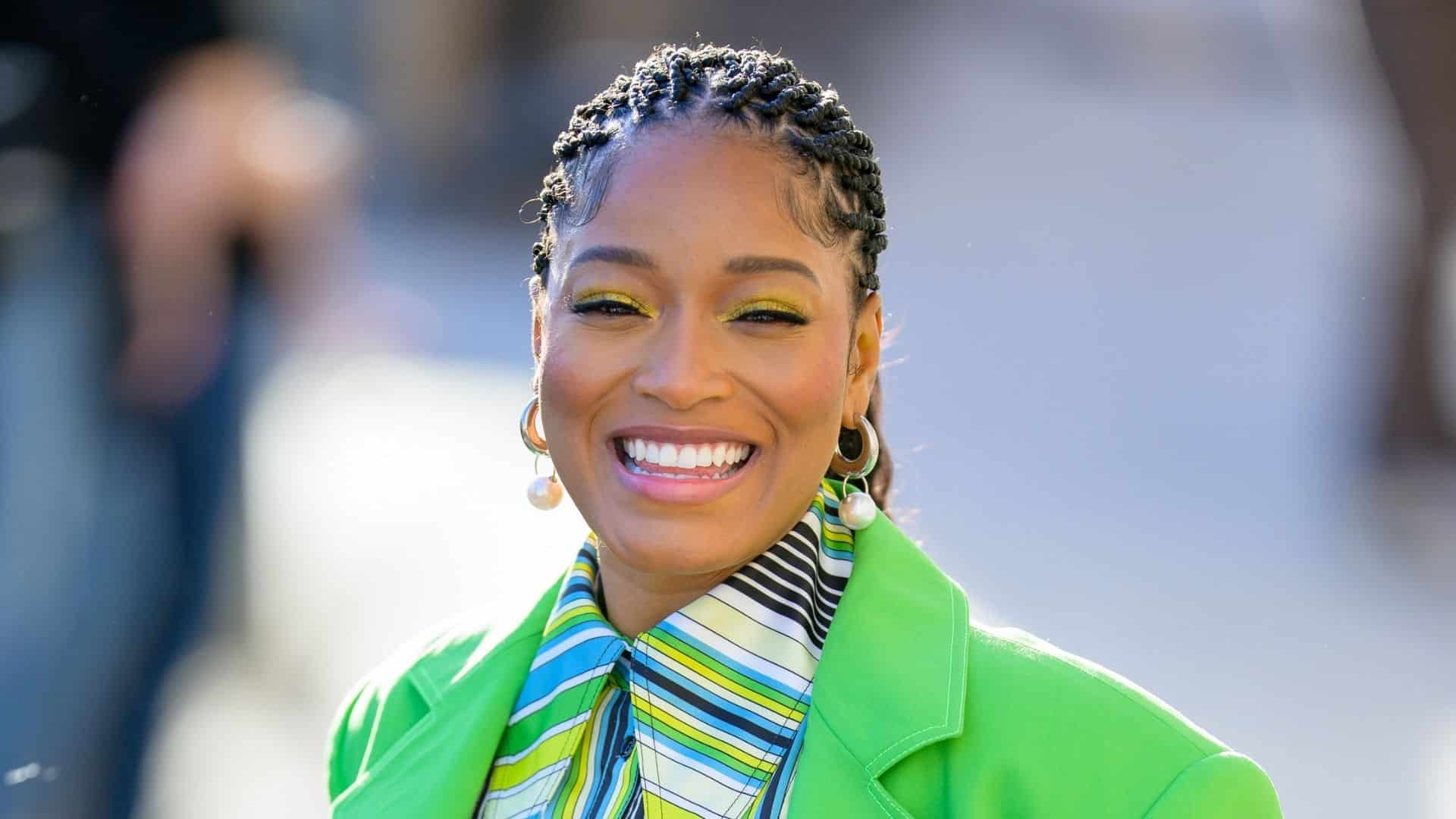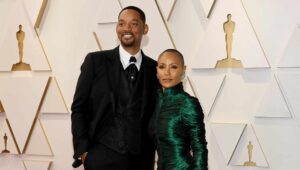Over the weekend, the actress and singer Keke Palmer brought the issue of consent and privacy to the attention of many Twitter users after she tweeted that “no means no, even when it doesn’t pertain to sex.” Apparently, according to Palmer’s post, she declined a fan’s request for a photo three times, but the fan continued to film her without her permission. Although other celebrities or influencers have opened up about this issue previously, it seems that fans are not understanding that celebrities sometimes do not want to be treated as a celebrity, especially when doing something that does not correlate with their career choice. Palmer mentioned that she was “at the bar” which is most likely a place someone does not want to be bothered.
No means no, even when it doesn’t pertain to sex. I was at the bar the other day and this girl asked me three times for a picture and I told her three times nicely that I did not want take one with her. She still preceded to film me against my will..
— Keke Palmer (@KekePalmer) April 23, 2022
In a follow-up response, she says that she continued to laugh “nervously” as she felt there was no other option. Now, many are responding to the Tweet and discussing the culture around celebrities and why people think it is okay to invade someone’s privacy, especially since Palmer had denied her photo request three times. It seems as if being a celebrity is one of the only jobs you can not clock out of, which can be frustrating for people trying to enjoy time off work.
If I went off on her I would’ve been wrong, so I just nervously laughed while my privacy was invaded upon.
— Keke Palmer (@KekePalmer) April 23, 2022
The views were divided in the comments, as some thought that you lose the “option” of privacy when becoming a recognizable celebrity, and one commenter said that she is “whining about a problem you signed up for.” Others, however, were on Palmer’s side and believed that this fan’s behavior was inappropriate and that she should have respected her privacy. “EVERYONE has a right to privacy,” wrote one person, reminding people that they would want to relax after work as well.
I think alotta people are missing the point. She didn't say she doesn't want fans or even not to ask for a photo, she said if she says no, that's a complete sentence.
No "fan" has a right to disregard a celebrity's boundaries just bc they want to. They're human, not wax figures.
— ✍️????Victoria????????????Catherine (@writeforwhiskey) April 23, 2022
Although some believed Palmer chose this life when pursuing an acting career, noting that it is the “price” that one must pay when you are famous, others thought that this was a cop-out or an excuse to continue to violate someone’s privacy and right to be left alone.
ADVERTISEMENT









